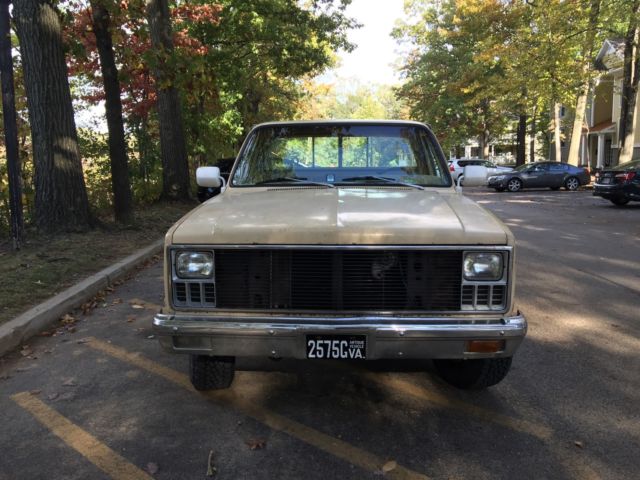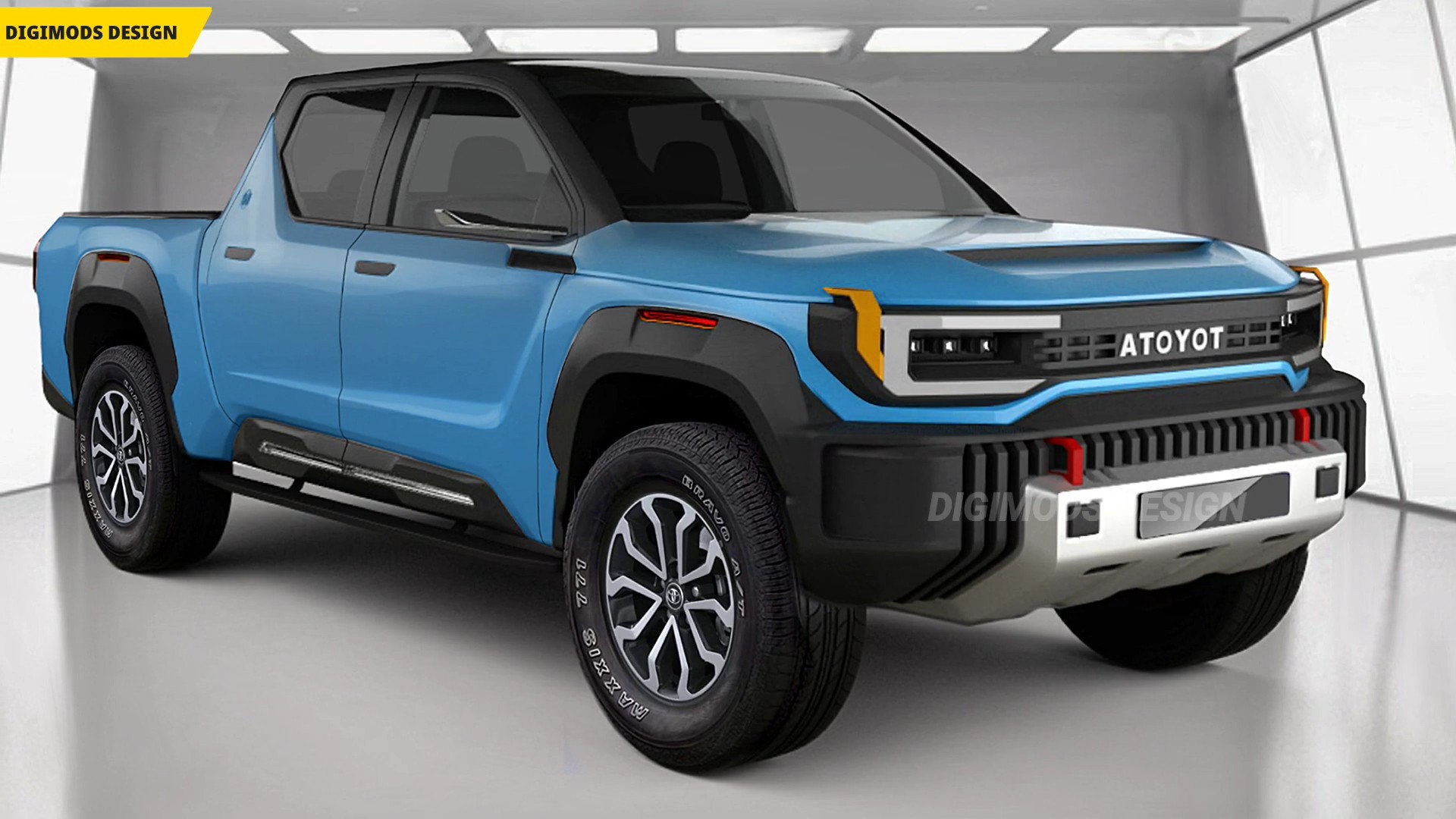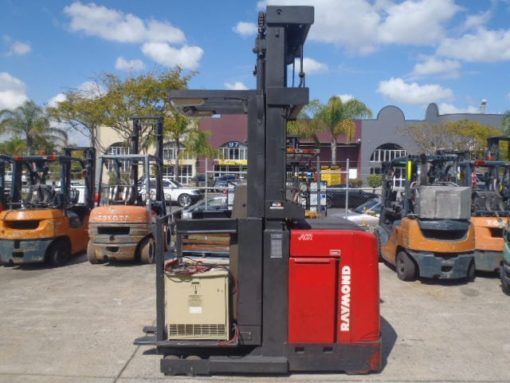Light Pickup Trucks For Sale: Your Comprehensive Guide to Finding the Perfect Hauler

Light Pickup Trucks For Sale: Your Comprehensive Guide to Finding the Perfect Hauler
In a world increasingly seeking versatility, efficiency, and capability without the bulk, light pickup trucks have emerged as the unsung heroes of the automotive landscape. These agile workhorses, typically categorized as mid-size or compact, strike a harmonious balance between the utility of a traditional full-size truck and the maneuverability and fuel economy of an SUV or sedan. For individuals, small businesses, and adventure enthusiasts alike, the search for "light pickup trucks for sale" often leads to discovering a vehicle that seamlessly integrates into daily life while being ready for weekend projects, outdoor escapades, or light commercial duties. This comprehensive guide aims to illuminate every facet of purchasing a light pickup, ensuring you make an informed decision that perfectly aligns with your needs and lifestyle.
Understanding the Enduring Appeal of Light Pickup Trucks
Light pickup trucks are defined by their more manageable size compared to their full-size counterparts, offering a sweet spot in capability and convenience. They typically feature smaller engines, narrower bodies, and shorter wheelbases, making them easier to navigate through urban environments, park in tight spots, and generally more approachable for those new to truck ownership.
Why are they so popular?
- Maneuverability: Their compact footprint allows for easier handling in city traffic and tighter parking spaces.
- Fuel Efficiency: Generally, light trucks offer better MPG figures than full-size models, leading to lower running costs.
- Lower Initial Cost: Both new and used light pickups are typically more affordable than their larger siblings.
- Sufficient Capability: For most homeowners, DIY enthusiasts, and small businesses, the payload and towing capacities of a light truck are more than adequate.
- Versatility: They excel as daily drivers, weekend project vehicles, or adventure rigs, fitting seamlessly into diverse lifestyles.
- Accessibility: Many light truck models are available in a broader range of trims and configurations, catering to various budgets and preferences.
Whether you’re hauling gardening supplies, transporting camping gear, or simply need a practical vehicle with an open bed, a light pickup truck offers a compelling blend of utility and practicality that full-size trucks often overkill and SUVs simply can’t match.
Key Factors to Consider When Searching for Light Pickup Trucks For Sale
Embarking on the journey to find the ideal light pickup requires thoughtful consideration of several critical factors. Your ultimate choice will depend heavily on your specific needs, budget, and intended use.
1. New vs. Used: Weighing Your Options
The decision between purchasing a brand-new or pre-owned light pickup truck is often the first hurdle.
- New Light Pickup Trucks: Offer the latest technology, full manufacturer warranties, customization options, and the peace of mind of being the first owner. However, they come with a higher price tag and immediate depreciation.
- Used Light Pickup Trucks: Provide significant cost savings, lower insurance premiums, and a wider selection of models and trims no longer produced. The trade-off can be higher mileage, potential wear and tear, and a lack of the latest features. A thorough inspection and vehicle history report are crucial for used purchases.
2. Budgeting Beyond the Sticker Price
Your budget should encompass more than just the purchase price. Factor in:
- Taxes and Fees: Sales tax, registration fees, and dealer documentation fees can add thousands to the final cost.
- Insurance: Light trucks can have varying insurance rates depending on the model, your driving history, and location. Get quotes before committing.
- Maintenance: Consider the cost of routine servicing, tires, and potential repairs. Newer models typically have lower immediate maintenance costs.
- Fuel: Estimate your annual fuel costs based on the truck’s MPG and your anticipated mileage.
3. Intended Use: Matching the Truck to Your Lifestyle
The primary purpose of your light pickup truck will dictate key specifications.
- Daily Commute: Prioritize fuel efficiency, comfortable interiors, and advanced safety features. A Crew Cab might be essential for families.
- Hauling/Towing: Pay close attention to payload and towing capacities. Look for models with a V6 engine or a factory towing package. Bed length will be crucial for larger items.
- Off-Roading/Adventure: Seek out 4×4 or AWD models, higher ground clearance, off-road suspension packages, and durable underbody protection.
- Small Business/Work: Durability, reliability, and specific cargo management features (like bed liners, tie-downs) become paramount.
4. Cab Styles and Bed Lengths
Light trucks offer various configurations to suit different passenger and cargo needs:
- Regular Cab: Two doors, seating for two or three. Best for maximum bed length relative to overall truck size, or if passenger capacity isn’t a priority.
- Extended Cab (Access Cab/King Cab): Two full-size front doors and two smaller, rear-hinged doors (or suicide doors) for limited rear access. Small jump seats in the back are suitable for occasional use or extra storage.
- Crew Cab (Double Cab/Quad Cab): Four full-size doors and a spacious rear seat, similar to a sedan. Ideal for families or regularly transporting multiple passengers. Often paired with a shorter bed.
Bed lengths typically range from approximately 5 feet (short bed, common with Crew Cabs) to 6 feet (standard bed) or even 7 feet (long bed, less common on light trucks, usually with Regular Cabs). Choose based on the size of items you’ll regularly carry.
5. Engine Options and Drivetrain
- Engines: Most light trucks offer various gasoline engine options, typically 4-cylinder or V6. Some may offer small diesel engines (less common in the US market for light trucks) or emerging hybrid powertrains (e.g., Ford Maverick Hybrid). Consider power for towing/hauling, and fuel economy for daily driving.
- Drivetrain:
- 2WD (Two-Wheel Drive): Typically Rear-Wheel Drive (RWD) for better towing stability and often slightly better fuel economy. Ideal for paved roads and light-duty tasks.
- 4WD (Four-Wheel Drive): Essential for off-road adventures, challenging weather conditions (snow, mud), or slippery job sites. Some models offer automatic AWD for on-road traction.
6. Features, Technology, and Safety
Modern light pickup trucks are equipped with an array of features that enhance comfort, convenience, and safety:
- Infotainment Systems: Touchscreens, Apple CarPlay/Android Auto, navigation, premium audio.
- Safety Features (ADAS): Adaptive cruise control, lane-keeping assist, blind-spot monitoring, automatic emergency braking. These are increasingly standard or widely available.
- Towing/Hauling Aids: Integrated trailer brake controllers, trailer sway control, multiple camera views.
- Off-Road Packages: Locking differentials, skid plates, specialized tires, higher ground clearance.
Popular Light Pickup Truck Models on the Market
When exploring light pickup trucks for sale, you’ll encounter several prominent models that dominate the segment:
- Toyota Tacoma: Renowned for its legendary reliability, strong resale value, and off-road prowess, especially the TRD trims.
- Ford Ranger: A capable mid-size truck with a powerful turbocharged four-cylinder engine and strong towing capabilities.
- Chevrolet Colorado / GMC Canyon: Twin models offering comfortable rides, various engine options (including diesel in some years), and good towing capacity.
- Nissan Frontier: Recently redesigned, offering a powerful V6 engine, a rugged aesthetic, and a good balance of capability and value.
- Honda Ridgeline: Unique unibody construction provides a car-like ride, impressive interior space, and innovative features like a trunk in the bed and a dual-action tailgate. Ideal for those who need truck utility but prioritize comfort.
- Ford Maverick: A compact, unibody pickup with standard hybrid powertrain, excellent fuel economy, and a surprisingly versatile bed. A popular choice for urban dwellers and those new to trucks.
- Hyundai Santa Cruz: Another compact unibody option, blending SUV comfort with open-bed utility, stylish design, and a range of modern tech features.
The Buying Process: A Step-by-Step Guide
Navigating the purchase of a light pickup truck can be straightforward with a clear plan:
- Define Your Needs: List your non-negotiable requirements (e.g., Crew Cab, 4WD, specific towing capacity) and your "nice-to-haves."
- Research and Compare: Use online resources, automotive reviews, and manufacturer websites to compare models that fit your criteria. Read owner reviews for real-world insights.
- Set a Realistic Budget: Get pre-approved for financing if needed, and factor in all associated costs.
- Locate Trucks for Sale: Check dealership inventories (new and used), online marketplaces (Autotrader, Cars.com, CarGurus), and private sellers.
- Test Drive: Drive multiple models and trims. Pay attention to ride comfort, visibility, acceleration, braking, and how easily you can maneuver it.
- Inspect Thoroughly (Used Trucks): For used vehicles, request service records, obtain a vehicle history report (CarFax, AutoCheck), and ideally, have an independent mechanic perform a pre-purchase inspection.
- Negotiate the Price: Be prepared to negotiate. Research average selling prices for the specific model, year, and trim. Don’t be afraid to walk away if the deal isn’t right.
- Finalize Financing and Paperwork: Review all contracts carefully before signing. Understand the terms of your loan and warranty.
Maintenance and Ownership Tips
Owning a light pickup truck involves ongoing care to ensure its longevity and performance:
- Regular Maintenance: Follow the manufacturer’s recommended service schedule for oil changes, tire rotations, fluid checks, and filter replacements.
- Tire Care: Maintain proper tire pressure, inspect for wear, and rotate regularly to extend tire life and ensure safe handling.
- Understand Capacities: Always be aware of your truck’s payload and towing capacities. Overloading can be dangerous and cause damage.
- Bed Protection: Invest in a bed liner (spray-in or drop-in) to protect the bed from scratches and dents. A tonneau cover can secure cargo and improve aerodynamics.
- Winter Care (for 4WD/AWD): If you have 4WD, understand when and how to properly engage it. Consider winter tires for severe snow and ice.
Challenges and Solutions
While light pickup trucks offer immense benefits, they aren’t without their considerations:
- Challenge: Limited Interior Space (for Regular/Extended Cabs).
- Solution: Opt for a Crew Cab if regularly transporting passengers, or use the rear area of an Extended Cab primarily for secured cargo.
- Challenge: Lower Payload/Towing Capacity than Full-Size Trucks.
- Solution: Be realistic about your needs. For most non-commercial tasks, a light truck’s capacity is sufficient. If you frequently tow heavy trailers or haul very large loads, a full-size truck might be necessary.
- Challenge: Fuel Economy Still Higher Than Sedans/SUVs.
- Solution: Choose models with efficient 4-cylinder or hybrid engines. Practice conservative driving habits (avoiding rapid acceleration/braking).
- Challenge: Less Refined Ride Quality (especially older models).
- Solution: Test drive thoroughly. Newer models and unibody trucks (Ridgeline, Maverick, Santa Cruz) offer much smoother rides. Aftermarket suspension upgrades can also improve ride quality.
Light Pickup Trucks For Sale: Estimated Price Guide (New & Used)
Prices for light pickup trucks can vary significantly based on trim level, options, condition (for used), mileage, and market demand. The table below provides estimated ranges for popular models as of mid-2024. These are general guidelines and should not be considered definitive pricing. Always check current market listings.
| Make/Model | Typical New MSRP Range (USD) | Estimated Used Price Range (3-5 Years Old, USD) | Key Features/Notes |
|---|---|---|---|
| Toyota Tacoma | $29,000 – $55,000+ | $25,000 – $45,000+ | Legendary reliability, strong resale, excellent off-road capability (especially TRD trims), good payload/towing for its class. |
| Ford Ranger | $30,000 – $45,000+ | $22,000 – $38,000+ | Potent turbocharged 4-cylinder engine, strong towing, comfortable ride, available FX4 Off-Road Package. |
| Chevrolet Colorado | $30,000 – $50,000+ | $20,000 – $40,000+ | Comfortable interior, multiple engine options (including a powerful V6), good towing, Z71/ZR2 trims for off-roading. |
| GMC Canyon | $32,000 – $55,000+ | $22,000 – $42,000+ | Premium version of the Colorado, slightly more upscale interior, Denali trim offers luxury features, AT4 for off-road focus. |
| Nissan Frontier | $30,000 – $45,000+ | $18,000 – $35,000+ (for previous gen) | Recently redesigned with a standard V6 engine, rugged styling, Pro-4X for off-road. Good value. |
| Honda Ridgeline | $40,000 – $50,000+ | $28,000 – $40,000+ | Unibody construction for car-like ride, spacious interior, unique in-bed trunk, dual-action tailgate, standard AWD. Less emphasis on heavy-duty hauling. |
| Ford Maverick | $24,000 – $38,000+ | $25,000 – $35,000+ (newer model, less used stock) | Compact unibody, standard hybrid (excellent MPG), optional EcoBoost, highly customizable bed, very affordable, great for urban use and light hauling. |
| Hyundai Santa Cruz | $27,000 – $42,000+ | $28,000 – $38,000+ (newer model, less used stock) | Compact unibody, stylish design, SUV-like comfort and features, available turbo engine, integrated tonneau cover option, good for active lifestyles. |
Note: "Used Price Range" is highly dependent on mileage, trim level, condition, and local market. Older models (6+ years) will generally be significantly cheaper.
Frequently Asked Questions (FAQ) About Light Pickup Trucks For Sale
Q1: What’s the main difference between a light pickup truck and a full-size pickup truck?
A1: Light pickups (mid-size/compact) are generally smaller, more fuel-efficient, easier to maneuver, and less expensive than full-size trucks. They typically have lower payload and towing capacities, but are sufficient for most non-commercial tasks.
Q2: Are light trucks good for towing?
A2: Yes, many light trucks are surprisingly capable of towing. Most mid-size models can tow between 5,000 to 7,700 pounds when properly equipped, which is enough for small boats, ATVs, utility trailers, and small campers. Always check the specific model’s towing capacity.
Q3: Which is better: 2WD or 4WD for a light truck?
A3: It depends on your needs. 2WD (typically RWD) is generally more fuel-efficient and sufficient for paved roads and light hauling. 4WD is essential for off-roading, driving in snow/mud, or navigating rough terrain, but it adds cost, weight, and slightly reduces fuel economy.
Q4: What’s the most fuel-efficient light truck?
A4: Currently, the Ford Maverick Hybrid leads the pack with an EPA-estimated 37 MPG combined. Other 4-cylinder light trucks will offer better fuel economy than V6 or full-size options.
Q5: Should I buy a new or used light pickup truck?
A5: New trucks offer warranties, the latest features, and customization. Used trucks offer significant cost savings and lower depreciation. If budget is a primary concern, a well-maintained used light truck can be an excellent value. Always get a pre-purchase inspection for used vehicles.
Q6: Can a light pickup truck be a good daily driver?
A6: Absolutely! With comfortable interiors, available advanced safety features, and relatively manageable sizes (especially Crew Cabs), many light pickups are designed to be excellent daily drivers, offering the versatility of a truck without feeling cumbersome.
Conclusion
The market for "light pickup trucks for sale" is robust and diverse, offering an array of choices for nearly every need and budget. From the rugged capability of a Toyota Tacoma to the urban-friendly efficiency of a Ford Maverick, these vehicles provide a unique blend of utility, maneuverability, and cost-effectiveness. By carefully considering your specific requirements, researching available models, and navigating the buying process with diligence, you can confidently find a light pickup truck that not only meets your practical needs but also enhances your lifestyle. It’s an investment in versatility, freedom, and the capability to tackle whatever comes your way, both on and off the road.


